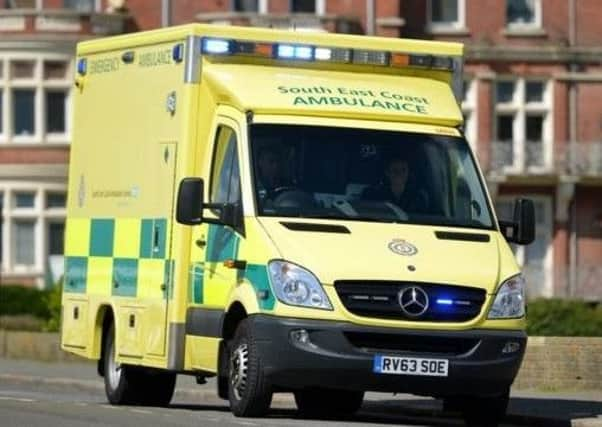Struggling ambulance trust to take on Horsham and Crawley GP duties


South East Coast Ambulance Service (SECAmb) is in special measures following an ‘inadequate’ rating by the Care Quality Commission in October 2017.
And despite consistently failing to hit national 999 response time targets and damning reports over bullying and harassment, paramedics from the trust will now be asked to do a combination of GP visits and emergency care from next month.
Advertisement
Hide AdAdvertisement
Hide AdSECAmb said extra staff were being taken on meaning its ‘core service will therefore be protected’, adding that it was ‘pleased’ with recent improvements to the most urgent 999 calls
The 18-month pilot, the first in the UK, will be for the Horsham, Crawley and Mid Sussex area and is set to go live in June.
It comes as SECAmb itself admits a trial in Kent last year where paramedics worked for GPs did not work and affected its core services.
The trust says it will recruit 18 new staff members to cope with the extra demand.
Advertisement
Hide AdAdvertisement
Hide AdA SECAmb spokesman said: “It differs from the Kent pilot as we are recruiting to this specific role and it will be run on a rotation basis so the paramedic practitioners will continue to support our core service, both out on the road and in our control rooms.
“Our core service will therefore be protected.”
Last year’s pilot, in Sheppey, Kent, was specifically to trial this scheme and ended in March 2017. A trust spokesman admitted that ‘this impacted on our ability to keep our workforce in place to support our core services’.
This latest pilot with NHS Horsham and Mid Sussex CCG and NHS Crawley CCG will see SECAmb paramedic practitioners work on an eight-week rotation basis between primary care, responding to 999 calls and working in its Emergency Operations Centres, SECAmb said.